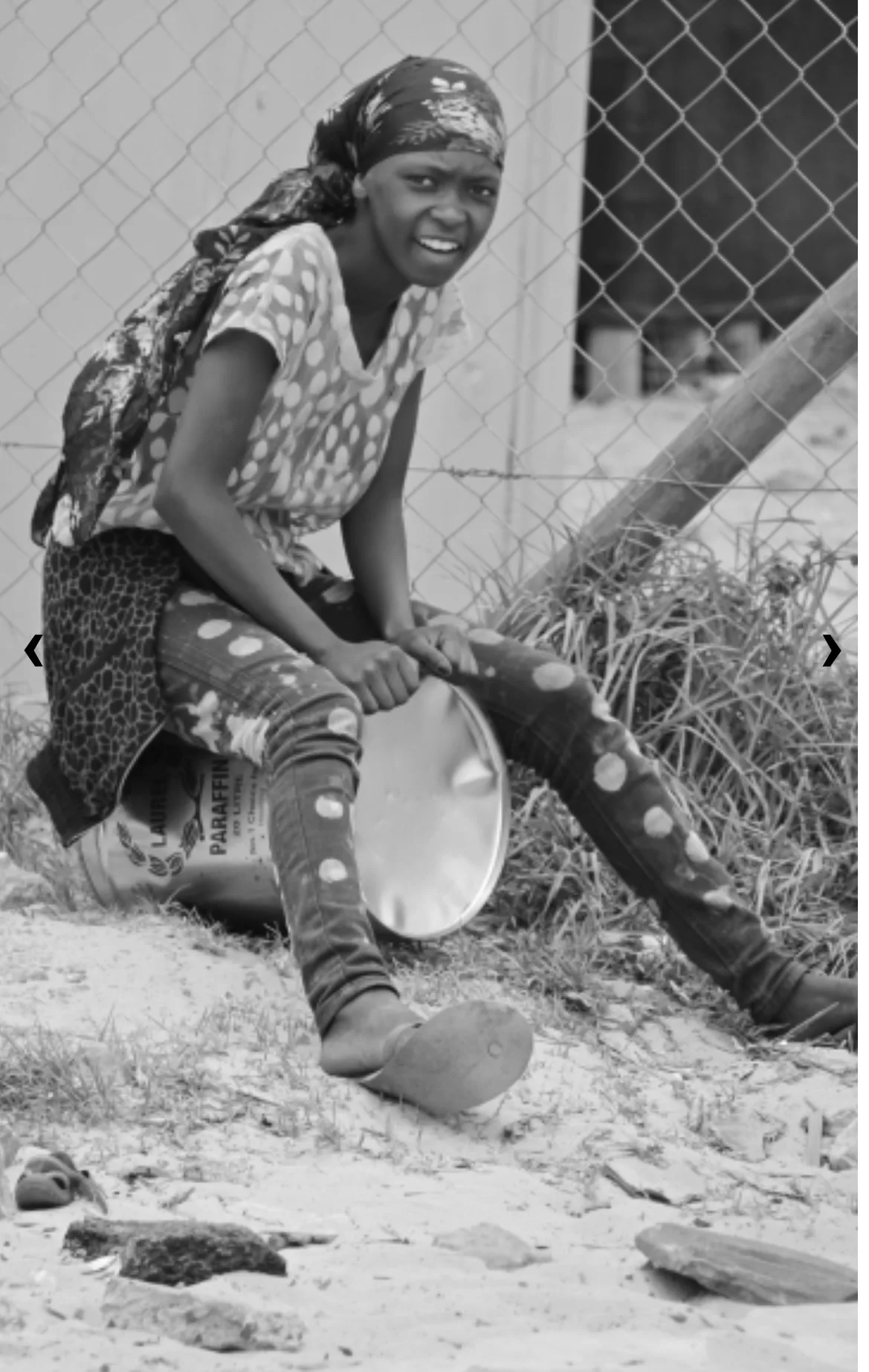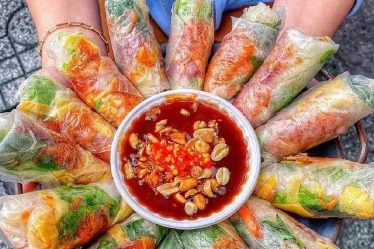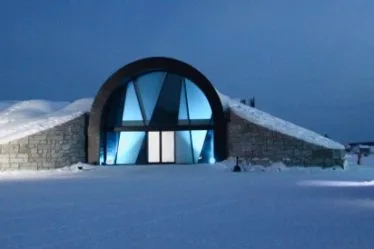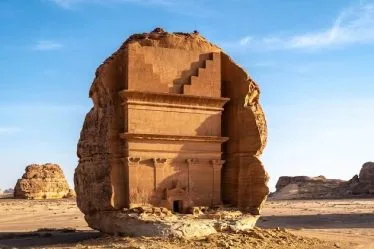
I’m visiting friends in Cape Town for Christmas (2013.) It’s been a difficult year and I’m yearning for a change of scenery and some adventure. Staying in the impressive shadow of Table Mountain, my South African hosts and friends from Australia are not at all impressed when I announce that I am off to visit Gugulethu, a township about 15kms from the centre of town. I’m undeterred by their protests and warnings about personal security, and insist I’ll be careful, aware of my surroundings at all times, and that I’ll stay close to my private driver. I end up having an eye-opening day. I love meeting and chatting with local people and I am able to interact with many on this day visit. I even end up sipping neat gin with a small crowd in a shebeen or local bar, and, being a Sunday, I’m invited to sing along with local worshippers at a church service.
Gugulethu, or ‘Gugs” to the locals, is Xhosa for ‘our pride.” The township was established in the 1960’s to accommodate an overflow of migrant workers who moved to CapeTown from the rural Transkei region. The Apartheid government forcibly removed non-white citizens from the city and sent them to live in various dedicated townships.
‘Tourism” is a reasonably new concept in this underdeveloped urban community. I can see evidence of poverty all around me and imagine that must give rise to plenty of disease and health problems. There are children playing on piles of muddy rubbish, although that doesn’t stop them posing for photos with big, genuine smiles. They look healthy enough. I’m aware that I’ve just taken a photograph of four children under a hand written sign that is advertising abortions.
I see many tin shacks, shanties and mud and brick houses acting as permanent dwellings, shipping containers housing hair, beauty and nail salons, playing fields and a school. There are always groups of children walking behind me, calling out ‘hello,’ and ‘how are you.’ I see one teenager using an empty paraffin tin as a drum. Music, I’m told, can be something of a refuge for young people who often make a few rand from improvised concerts.
I get taken to Mzoli’s restaurant and butchery. A sheep has its throat cut right there in front of me. It’s neck is held over an empty ice cream container while it bleeds out on the dirt. Customers buy the meat raw and have it cooked on the BBQ or Brai. I decide to give lunch a miss. The smell of fresh blood and raw meat has killed my appetite. There are, however, plenty of local people enjoying themselves and their Sunday lunch, and the atmosphere is somewhat party like.
I am taken to a church where a Sunday service is taking place. The driver/guide says I can have a look inside and I take a seat at the back. What is striking is how well-dressed everyone is. Colourful clothing and hats abound. An older lady is clutching a bible and leading the singing at the front of the congregation. I quietly try to join in the unfamiliar tune and a couple in front turn around and smile at me welcomingly. It’s a lovely experience and the singing is vigorous.
After church I wander into a local bar. The man there seems very pleased to see me and offers me a drink. I ask for a gin and tonic and get half a pint of neat gin! There’s no tonic, no ice and certainly no lemon or lime. I sip gingerly and try not to grimace. Starting as makeshift and illegal drinking establishments, these bars and shebeens have become meeting places for locals, offering a sense of community and a place to unwind. Music has also thrived in these bars. There is jazz playing in the background and the friendly owner takes the time to show me his extensive jazz LP collection. There are some young men sitting in the corner under a wall of black and white photographs, and they ask me for a photo together. I sit with them for a while and ask them a few questions. It all feels quite normal and this is, for me, what travel is all about.
On the way out of the township it’s hard not to notice the constant presence of barbed wire. I hear about the real social melting pot that is this community. Professionals live alongside the unemployed, gangsters and preachers coexist. Everyone is concerned about crime. There have been over 700 murders here in the last 8 years, most of them domestic killings occurring behind closed doors. Apparently it costs just 100 rand or $15 to kill someone. Street crime mostly occurs at night under the cover of darkness. Criminals fear being lynched by the community if they are caught. I ask what the punishment is for serious crime. I’m told that sometimes an offender is put inside a tower of tyres and burned alive in the street.
It’s a stark reminder that I am only seeing part of life here; the part visitors see. Under the surface there are real problems with substance abuse, gangsterism, rape, robbery, lack of water and proper sanitation, the list goes on. Nonetheless, I appreciated the opportunity to learn about the challenges in Gugulethu and the chance to experience some genuine exchanges and interactions with people who live there. If you are considering visiting a township, please respect the dignity and privacy of its inhabitants and ask before you take photographs of people. Learn as much as you can and listen to the stories of locals.
In South Africa I also visited Kapama Lodge, Stellenbosch and Fish Hoek.























Wonderful photos Deborah – they give a real feel for the place for those of us who have never been there. No wonder you were so enthusiastic about your trip.
Thanks Elizabeth. I had a magical time. I can’t explain why but Africa, it’s scenery, landscapes and people really call out to me. A great experience and glad you like the photos. x